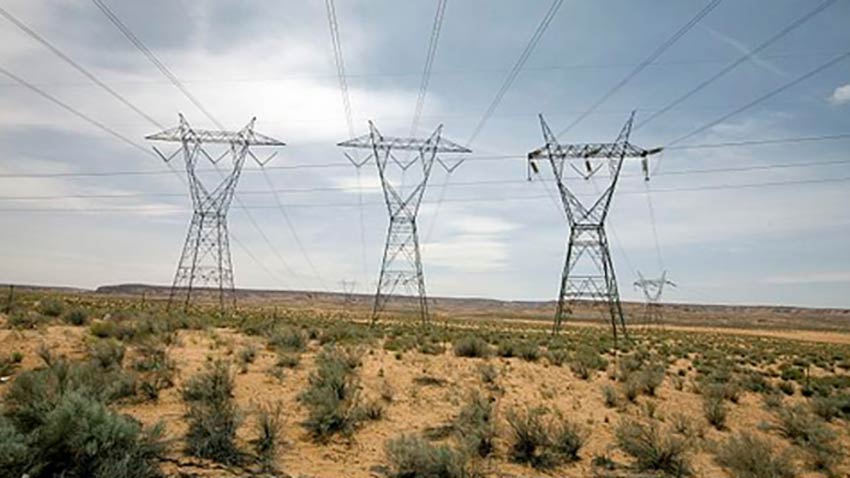
By Susan Montoya Bryan, Associated Press
A U.S. district judge has dismissed claims by Native American tribes and environmentalists who sought to halt construction along part of a $10 billion energy transmission line that will carry wind-generated electricity from New Mexico to customers as far away as California.
Judge Jennifer Zipps said in her ruling issued Thursday that the plaintiffs were years too late in bringing their challenge. It followed an earlier decision in which she dismissed their requests for a preliminary injunction, saying the Bureau of Land Management had fulfilled its obligations to identify historic sites and prepare an inventory of cultural resources.
The disputed stretch of the SunZia transmission line is in southern Arizona’s San Pedro Valley and passes through an area that holds historic, cultural and religious significance for the tribes.
The Tohono O’odham Nation — along with the San Carlos Apache Tribe, the Center for Biological Diversity and Archeology Southwest — sued in January in hopes of stopping the clearing of roads and pads so more work could be done to identify culturally significant sites within a 50-mile (80-kilometer) stretch of the valley.
California-based developer Pattern Energy called the ruling a win for the region, citing the jobs and billions of dollars in economic development and investment that will result from the project.
“This decision provides assurance moving forward that projects that follow permitting processes and obtain proper approvals will not be threatened years later by baseless legal claims,” Pattern Chief Development Officer Cary Kottler said in an email to The Associated Press. “We remain committed to carrying out our work with the same integrity and dedication that has always defined us, including in a manner that is respectful of tribal sovereignty and cultural resources protection.”
The tribes did not immediately respond to a request for comment. The Tohono O’odham Nation vowed in April to pursue all legal avenues, and environmentalists said an appeal is likely.
“This power company has been working really hard to pretend they can moot the issue by destroying as much as possible as fast as they can,” said Robin Silver, co-founder of the Center for Biological Diversity. “That doesn’t work.”
SunZia is among the projects that supporters say will bolster President Joe Biden’s agenda for cutting greenhouse gas emissions. The planned 550-mile (885-kilometer) conduit would carry more than 3,500 megawatts of wind power to 3 million people.
The tribes asked a federal appeals court to intervene in April, arguing that the federal government has legal and distinct obligations under the National Historic Preservation Act and the National Environmental Policy Act and that the Bureau of Land Management’s interpretation of how its obligations apply to the SunZia project should be reviewed.
The U.S. Interior Department, which oversees the Bureau of Land Management, declined to comment on the ruling.

By submitting your comments, you hereby give AZPM the right to post your comments and potentially use them in any other form of media operated by this institution.